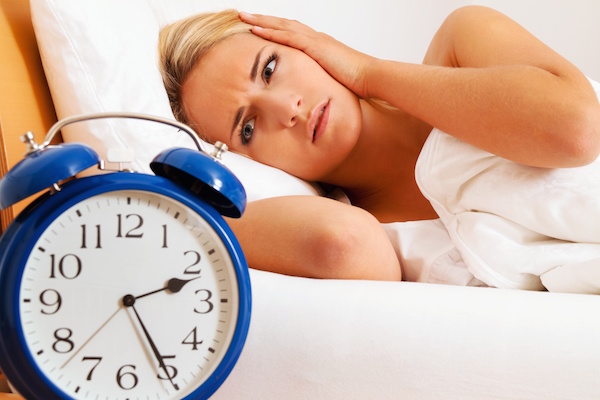
MONDAY, March 4 (HealthDay News) — A brisk walk or workout can improve your sleep, even in the hours before bed, according to the results of a new U.S. poll conducted by the National Sleep Foundation.
“Exercise is great for sleep. For the millions of people who want better sleep, exercise may help,” David Cloud, National Sleep Foundation CEO, said in a foundation news release.
The 2013 Sleep in America poll of 1,000 adults between the ages of 23 and 60 found that people who exercised reported better sleep than those who didn’t exercise, even though they got the same amount of sleep each night (an average of 6 hours, 51 minutes on weeknights).
People who got light, moderate or vigorous exercise were much more likely to say they had a good night’s sleep every night or almost every night during the week than those who did not exercise — 56 to 67 percent versus 39 percent, respectively.
The survey also found that more than three-quarters of exercisers said their sleep quality was very good or fairly good in the past two weeks, compared with 56 percent of non-exercisers.
“If you are inactive, adding a 10-minute walk every day could improve your likelihood of a good night’s sleep,” poll task force chair Max Hirshkowitz, of Baylor College of Medicine, said in the news release. “Making this small change and gradually working your way up to more intense activities like running or swimming could help you sleep better.”
The poll results show strong relationships between good sleep and exercise, he added. “While cause and effect can be tricky, I don’t think having good sleep necessarily compels us to exercise. I think it is much more likely that exercising improves sleep. And good sleep is fundamental for good health, productivity and happiness,” Hirshkowitz said.
Compared to people who don’t exercise, vigorous exercisers were much less likely to have insomnia-related symptoms, such as having difficulty falling asleep or waking up too early and not being able to get back to sleep, the poll found.
Another member of the poll task force, Shawn Youngstedt of the University of South Carolina, said poor sleep might lead to negative health partly because it makes people less inclined to exercise. “More than one half (57 percent) of the total sample reported that their activity level will be less than usual after a night of poor sleep. Not exercising and not sleeping becomes a vicious cycle,” Youngstedt said.
Other highlights of the sleep poll:
- Sedentary people are about twice as likely as exercisers to be excessively sleepy during the day (24 percent versus 12 to 15 percent). Fourteen percent of non-exercisers said they had trouble staying awake while driving, eating or socializing at least once a week in the past two weeks, compared with 4 to 6 percent of physically active people.
- Forty-four percent of non-exercisers had a moderate risk for sleep apnea, compared with 26 percent of light exercisers, 22 percent of moderate exercisers and 19 percent of vigorous exercisers. Sleep apnea — a serious medical condition in which a person has pauses in breathing during sleep — increases the risk of heart disease and stroke. Symptoms included tiredness, snoring and high blood pressure.
- Less time spent sitting is also associated with better sleep and health. People who sit for less than eight hours a day were much more likely to say they have very good sleep quality than those who sit for eight hours or more: 22 to 25 percent versus 12 to 15 percent, respectively.
The poll also found that exercise at any time of the day or evening is good for sleep, which contradicts the long-held belief that exercise at night can harm sleep. However, the sleep foundation says people with chronic insomnia should continue to restrict late evening and night exercise, if this is part of their treatment program.
More information
The U.S. National Heart, Lung, and Blood Institute offers a guide to physical activity.

